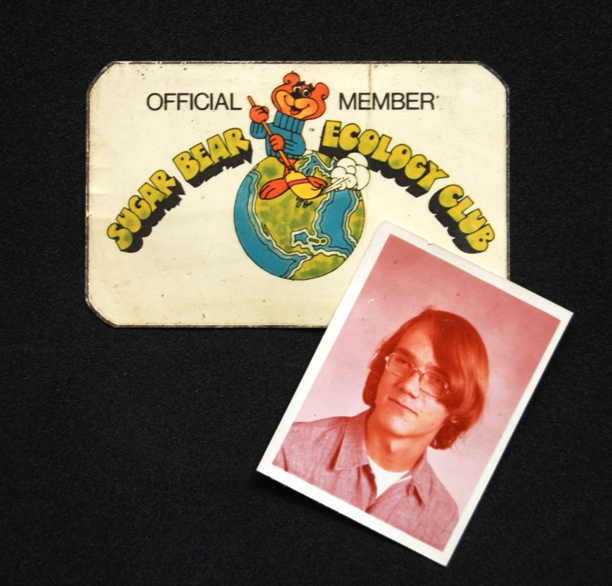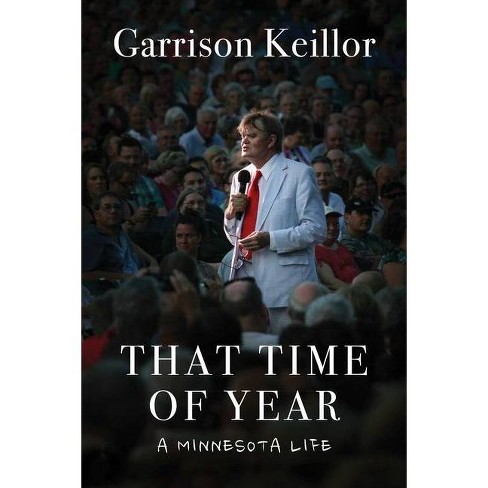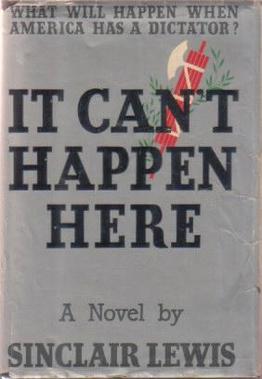Jeff Garrison
Bluemont and Mayberry Churches
June 27, 2021
Mark 5:21-43
Thoughts at the Beginning of Worship
Let’s me share with you a quote I came across this week from Doris Haddock. She went by the name Granny D. In 2000, at the age of 90, she walked across America. It took her a year as she made her way from Los Angeles to Washington, DC. Let her be a reminder that age is no excuse for inactivity. Anyway, here’s what she wrote:
Most people are worth knowing if you will take time to understand them. Unfamiliarity with other people, ignorance of other people, is what makes war possible and violence possible, and it drives all the social divisions in a school or in a town, nation, or world. When you understand people well enough, you can’t help but love them, even if you hate them too. If you think those are incompatible emotions, I remind you to think about your relationship with almost any close family member. Understanding people is indeed loving them.[1]
In our text for today, we’re going to see Jesus’ compassionate side. When word spread around that he was able to bring about healing, people lined up to meet him. But even when busy, Jesus takes time to be with people. While he brings healing, he encourages people to have faith and to care for others. We’re called to the same ministry. Our passage is from Mark 5, verses 21-43.
After the Scripture reading:
Have you ever had a dream in which there was something in which you needed to do, something you were committed to do, but obstacles kept getting in your way? You feel caught in a Kafkaesque story, unable to escape and unable to do what needs to be done?
Or maybe you have had such happen to you in real life. You agree to meet a friend at a specific time and set out with plenty of time to spare. Along the way, problems appear: an accident, a traffic jam, you get lost, or come upon someone in need and stop to help.
Delayed by Sheep
I know I mentioned in one my newsletters an experience I had in Idaho. This was when I was in seminary and running a camp out there. Scheduled to speak at First Presbyterian in Twin Falls, I had a 90-mile journey from the camp I was directing in the Sawtooth Mountains. I allowed an extra hour but did not realize that this was the morning they brought all the sheep through the town of Ketchum, taking them to their summer pasture in the mountains.
I was blocked by 100s of thousands of sheep. In those pre-cell phone days, I was frantic. When I finally got through the beasts, I drove at a high speed through the lava flows. I arrived, before I was up to speak, but 10 minutes after the service began.
Whether in dreams or in real life, I’m sure most of us have had similar situations in our lives. We feel strongly about doing one thing and something intervenes. And I think Jesus knew this kind of feeling as we see in our reading this morning.
Sandwich stories
Mark is famous for his “sandwich” stories.[2] Such stories involve Jesus talking about something and interrupted. The plot seems to move away from where it was heading. This allows time for things to happen as tension builds. Today’s story is an example.
Jairus and daughter
Jairus, a father, who appears to be a rabbi in a synagogue, appeals to Jesus to help his daughter. Jesus goes with Jairus to take care of the sick girl.
But there’s a crowd. A first century traffic jam. They must push themselves through the masses as they try to make it to Jairus house before it’s too late. Or maybe the masses are following Jesus, wanting to see a miracle. But the crowd is holding up Jairus and Jesus. Can’t they see the two have important work to do? Of course, this was in the days before flashing lights and sirens could clear a path.
Intervention: a woman’s sickness
Our story shifts as Mark tells us about a woman who had been suffering with a bleeding issue for 12 years, the same number of years that Jairus has celebrated and felt blessed by his daughter. For this sick woman, the years were hard. She poured her resources into getting well, and now was penniless and hopeless.
Differences in how they approach Jesus
Notice that Jairus, who had resources, approaches Jesus straight on. He knows his position in society. This woman approaches Jesus from behind. Without any hope left in the medical community, her only chance is for Jesus to heal her. If she could touch his clothes.[3]
There is a bit of superstition in her wish, as if the power is in Jesus’ clothes.[4] That’s not where there is power, the power is in Jesus, as God.
This unnamed woman pushes through the crowd and reaches out and touches the hem of Jesus’ garment. The picture that we have is of a thick crowd, which begs the question of how Jesus even knew that a particular woman had touched him. The disciples want to know, but Jesus knew as he felt his healing power enter the woman.
We can imagine what Jairus must have been thinking as this interruption delays Jesus.
When the woman healed identifies herself; Jesus displays kindness and maintain her dignity. He doesn’t say, “I made you well.” Had he done that, which would have been within his right, it would have focused her healing on him. Instead, this is about her needs. Jesus credits her own faith for bringing her healing.
Back to the original problem
Now, after the delay, we’re back to our original issue, Jairus’ daughter. But before they resume their trip, they’re met by those from Jairus’ home who tell him that she died. Jairus’ heart must have dropped as they tell him not to bother Jesus anymore. But Jesus encourages Jairus to continue to believe as he gathers his inner circle—Peter, James, and John. They head to Jairus’ house.
Different settings
The unknown and penniless woman is healed in public. Jairus’ daughter is dealt with in a more private setting, just a few disciples and family members.
The commotion at Jairus’ house
When they arrive at the house, they see the ladies’ guild has swung into action. Casseroles are coming in as they cry and make a fuss over the girl and her grieving mother. Some of those who gather may have been paid mourners. They go wherever there is a death. They’re making a commotion but are they really grieving. For when Jesus says she’s only sleeping, they stop wailing and start laughing.[5]
Mark’s humor
I hope you catch the subtle humor here. Mark’s story is funny. All these grieving women, including the professional grievers, are unable to wake up the girl. And then Jesus comes in. I image him gently taking her hand and quietly, as the commotion continues outdoors, telling her in a soft voice to get up. She does. Jesus’ voice is heard over against the ruckus going on around the girl.
Then Jesus asks that they keep this resurrection quiet, but that they do need to get the girl something to eat. Jesus takes care of her needs. We’re not told what happens, but I bet the father jumps into action. He might have even dug out desert for her to eat in celebration.
Jesus doesn’t claim credit
These two stories mingle together. A woman regains her health, and a daughter is restored to her father. Good work, Jesus. But Jesus doesn’t claim credits. He credits their faith. Not only do they experience grace, but they also maintain their dignity. That’s the way it is with Jesus. And we should follow suit. After all, when we don’t care who gets the credit, great things can happen.
If Jesus intervenes in our lives, and as God he is free to intervene and reward, we should be grateful. And until then, we should have faith in the one who has power to heal, power even over creation. Amen.

[1]Granny D., Walking Across America in my Ninetieth Year. Quote from: https://www.plough.com/en/subscriptions/daily-dig/odd/june/daily-dig-for-june-20
[2] Two other examples: Mark 3:21-35 and 11:12-25. See Morna D. Hooker, The Gospel According to Saint Mark (London: A&C Black, 1991), 147.
[3] See https://pres-outlook.org/2021/06/5th-sunday-after-pentecost-july-27-2021/
[4] William L. Lane, The Gospel of Mark (Grand Rapids, MI: Eerdmans, 1974) 192-193.
[5] Lane, 196-197.









